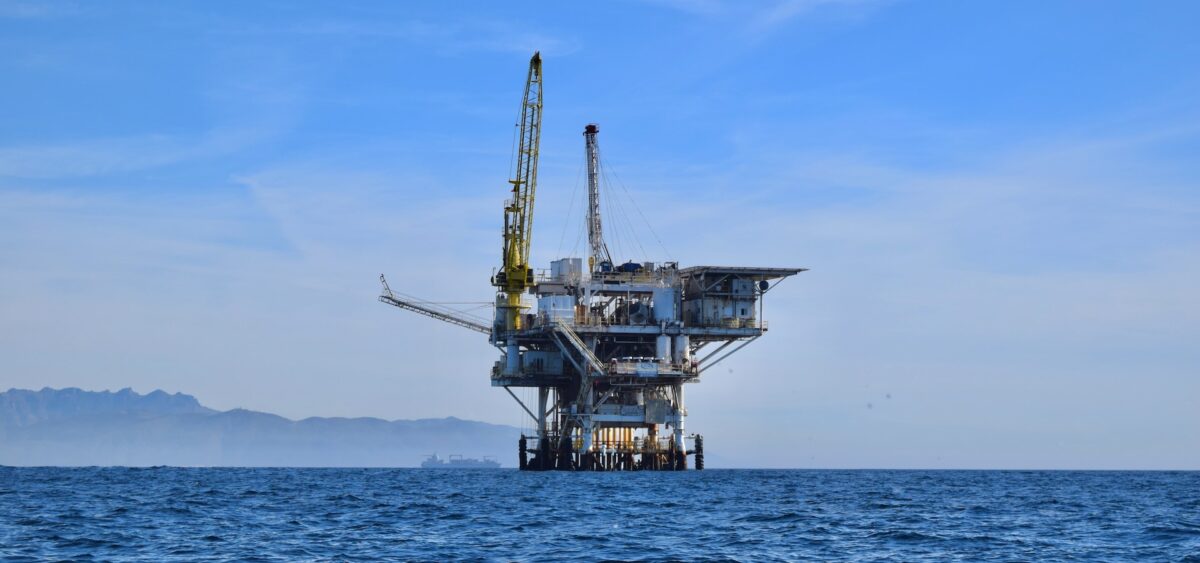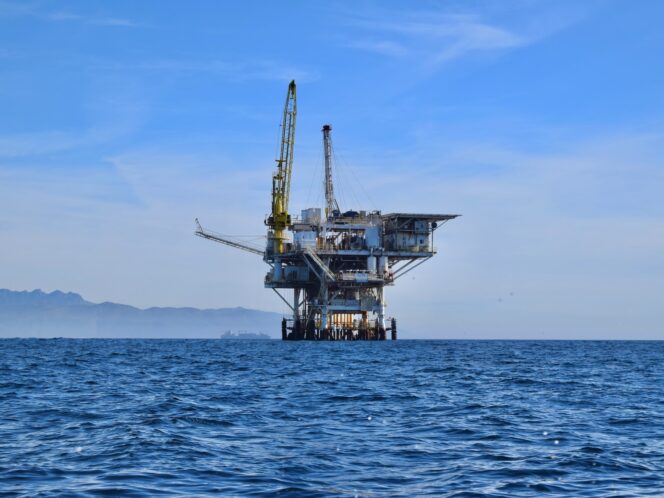
The dark, thick ooze we call petroleum has been known since antiquity, but it was only 170 years ago that it showed what it can do. Oil made its debut as fuel for lamps to light the operating room in a hospital in Lviv. Soon, it ignited the passions and the minds of businesspeople, driving the engines of global industries and great wealth. People’s relationship with oil is a history of dependency and euphoria. Will we recover from it?
The indications are contradictory. It’s difficult to conclude whether the era of oil is soon to end, or about to rev up. Or maybe both? One thing is certain: oil remains at the center of events.
In the spring of 2022, the Intergovernmental Panel on Climate Change published a report indicating that if current trends of greenhouse gas emissions continue, the earth will soon warm not by 1.5°C—which scientists see as the threshold, after which the most terrible consequences of global warming will ensue—but by as much as 3°C. So we’re running over a cliff at the speed of a petroleum-fueled jet plane. UN Secretary-General António Guterres said of the IPCC report, “Investing in new fossil fuels infrastructure is moral and economic madness.”
We have known for decades that fossil energy resources such as coal, oil and natural gas are key drivers of rising greenhouse gas emissions and global warming. Since the 1970s and the landmark Rome Club report, international work on reducing these emissions and shifting to renewable energy sources has been under way. Global decisionmakers know a fast reduction in oil, gas, and coal extraction is essential, as well as stopping new investments in wells and mines. Unfortunately, agreement after agreement is full of generalities. Such as the one from July, in which key participants in sea transportation (responsible for 3% of global greenhouse gas emissions) announced that by around 2050 they will try to achieve carbon neutrality—i.e. they will capture as much as they emit. “Try” and “around”: these vague phrases fill climate documents. Declarations multiply, they’re repeated even in the presence of the presidents of countries (such as the Tuvalu archipelago) that will disappear as a result of the melting glaciers and rising ocean levels before the century is out. No dramatic information is enough to shut off the oil tap. On the contrary, the oil highway gets ever wider.
What Beautiful Declarations!
Even U.S. President Joe Biden, recognized as a great advocate of the transition to green energy, and his administration, this year confirmed ConocoPhillips’ $8 billion Willow project, which will drill new oil and gas wells on the North Slope of Alaska. It will be one of the biggest fossil fuel projects in the entire U.S. local residents and environmentalists are protesting. They call the project a “carbon bomb” that will explode in the Arctic. And they ask how this decision squares with the ambitious emissions-reduction goals that the president is forcing through Congress.
Meanwhile, critics from around the world have asked how it’s possible that the COP28 climate conference in December 2023 was held in the United Arab Emirates, a country fueled by petrodollars. What’s more, the summit chair, Sultan Al Jaber is managing director of the state oil company ADNOC. This is the world’s eleventh largest extraction company—and it has plans for intensive growth. Over the next five years it plans to invest $150 million despite the UN’s calls for a halt to new drilling licenses in the UAE.
A conference meant to stop climate change bein








